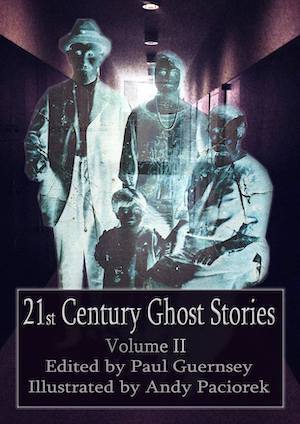
Stephen King. Photo:: Pinguino K
Active Voice Makes For Clear, Forceful Writing
Stephen King, in his book, On Writing: A Memoir of the Craft, points out that passive voice equals timid voice—and timidity never makes for good writing. In case you’re a little hazy on the whole active/passive voice thing, it has to do with the verbs you choose. In active voice, the subject of the sentence is doing something: Susan picked up the gun. In passive voice, the subject of the sentence is being acted upon: The gun was picked up by Susan.
King says, “I think timid writers like [passive verbs] for the same reason timid lovers like passive partners. The passive voice is safe. There is no troublesome action to contend with . . . I think unsure writers also feel the passive voice somehow lends their work authority, perhaps even a quality of majesty. If you find instruction manuals and lawyers” torts majestic, I guess it does.”
King adds, “Two pages of the passive voice—just about any business document ever written, in other words, not to mention reams of bad fiction—make me want to scream. It’s weak, its circuitous, and it’s frequently tortuous, as well. How about this: My first kiss will always be recalled by me as how my romance with Shayna was begun. . . . A simpler way to express this idea—sweeter and more forceful as well—might be this: My romance with Shayna began with our first kiss. I’ll never forget it. I”m not in love with this because it uses with twice in four words, but at least we’re out of that awful passive voice.”

